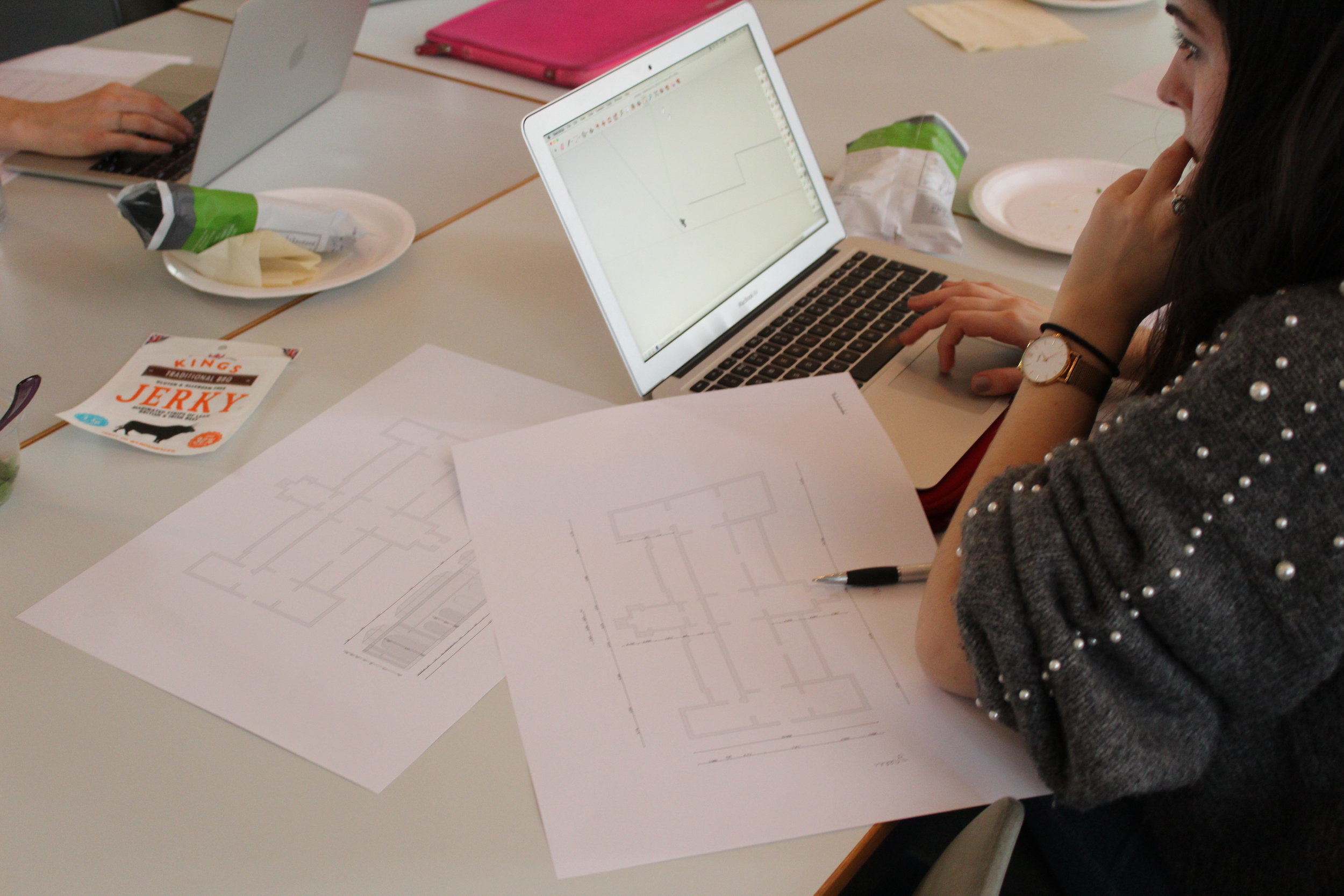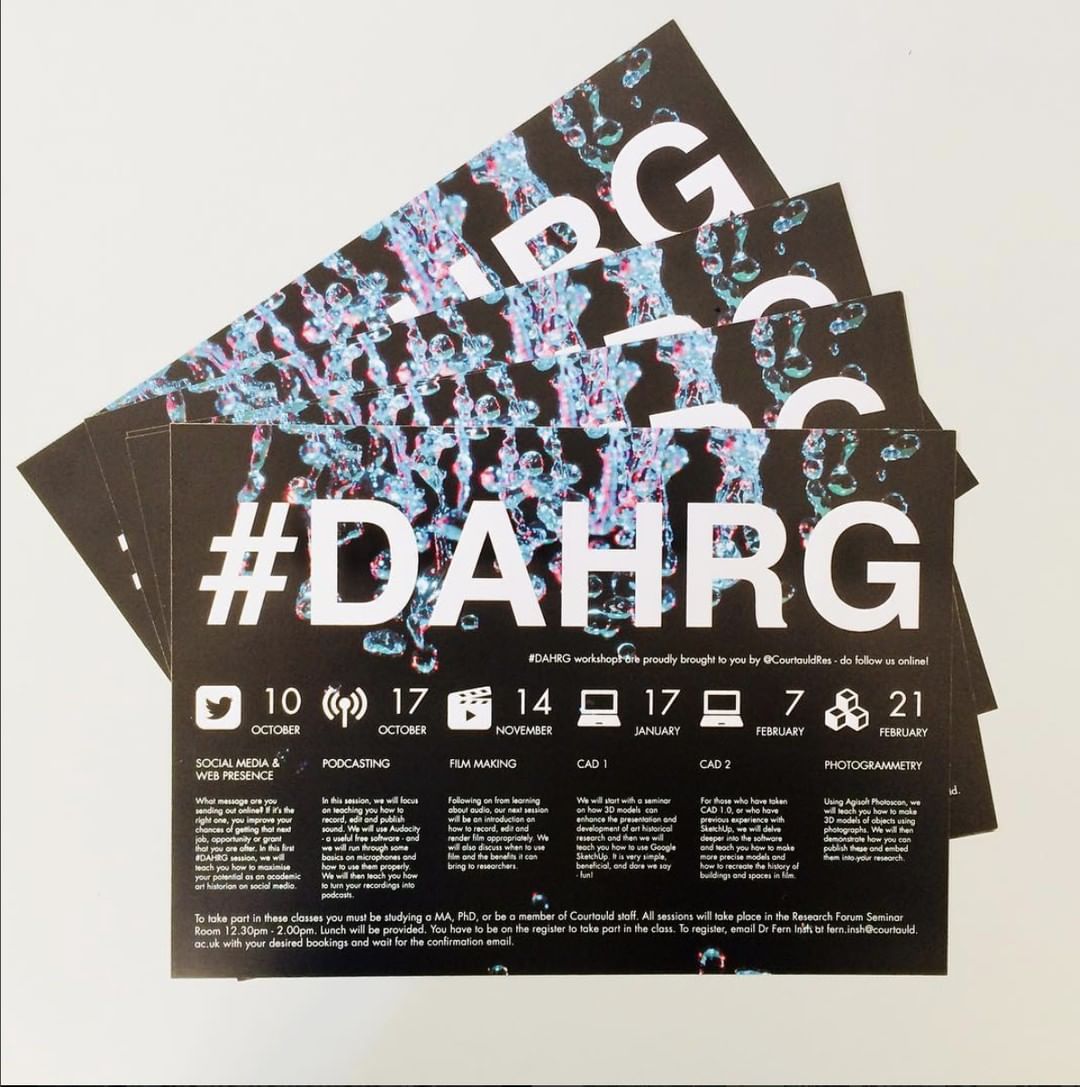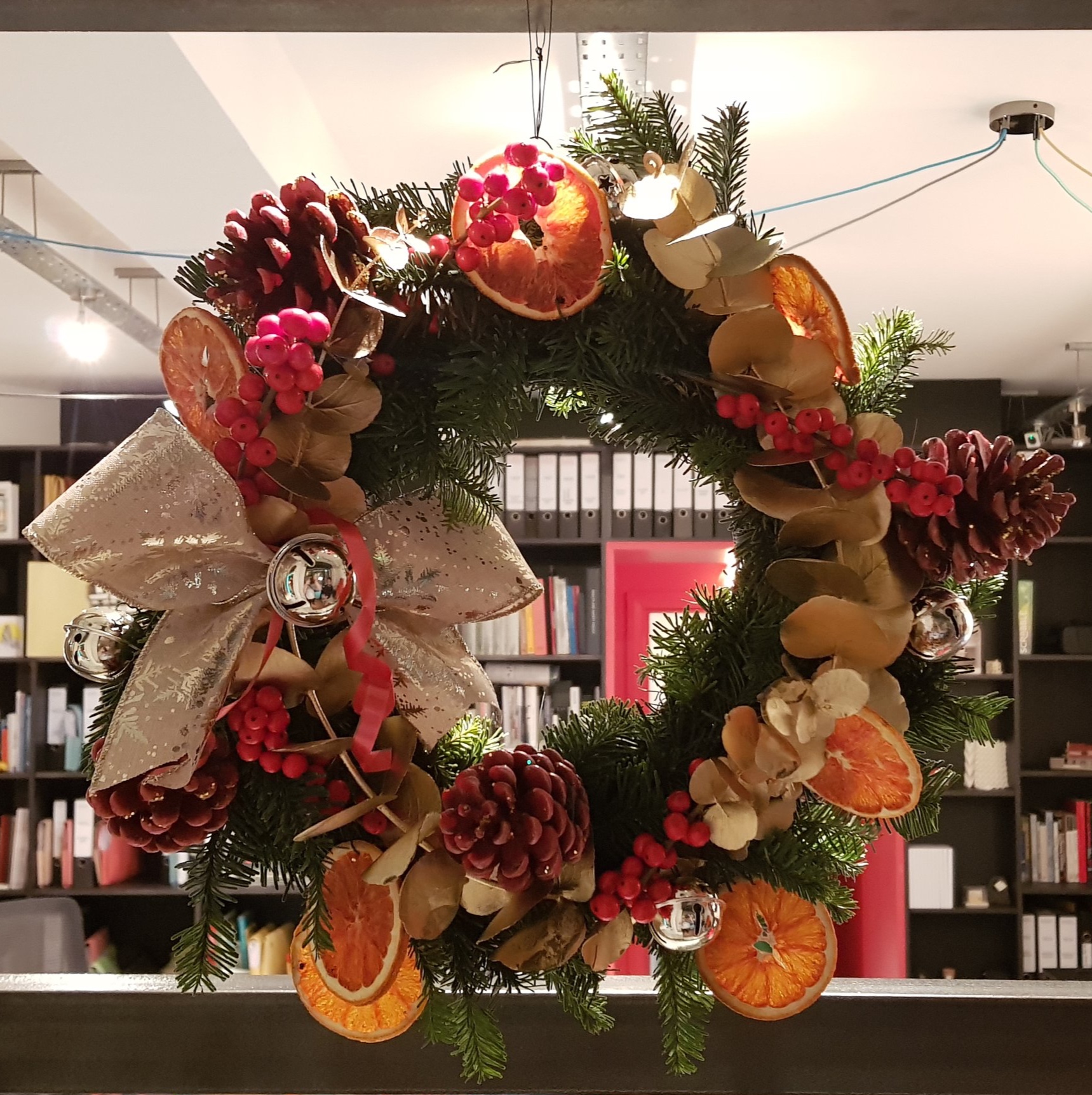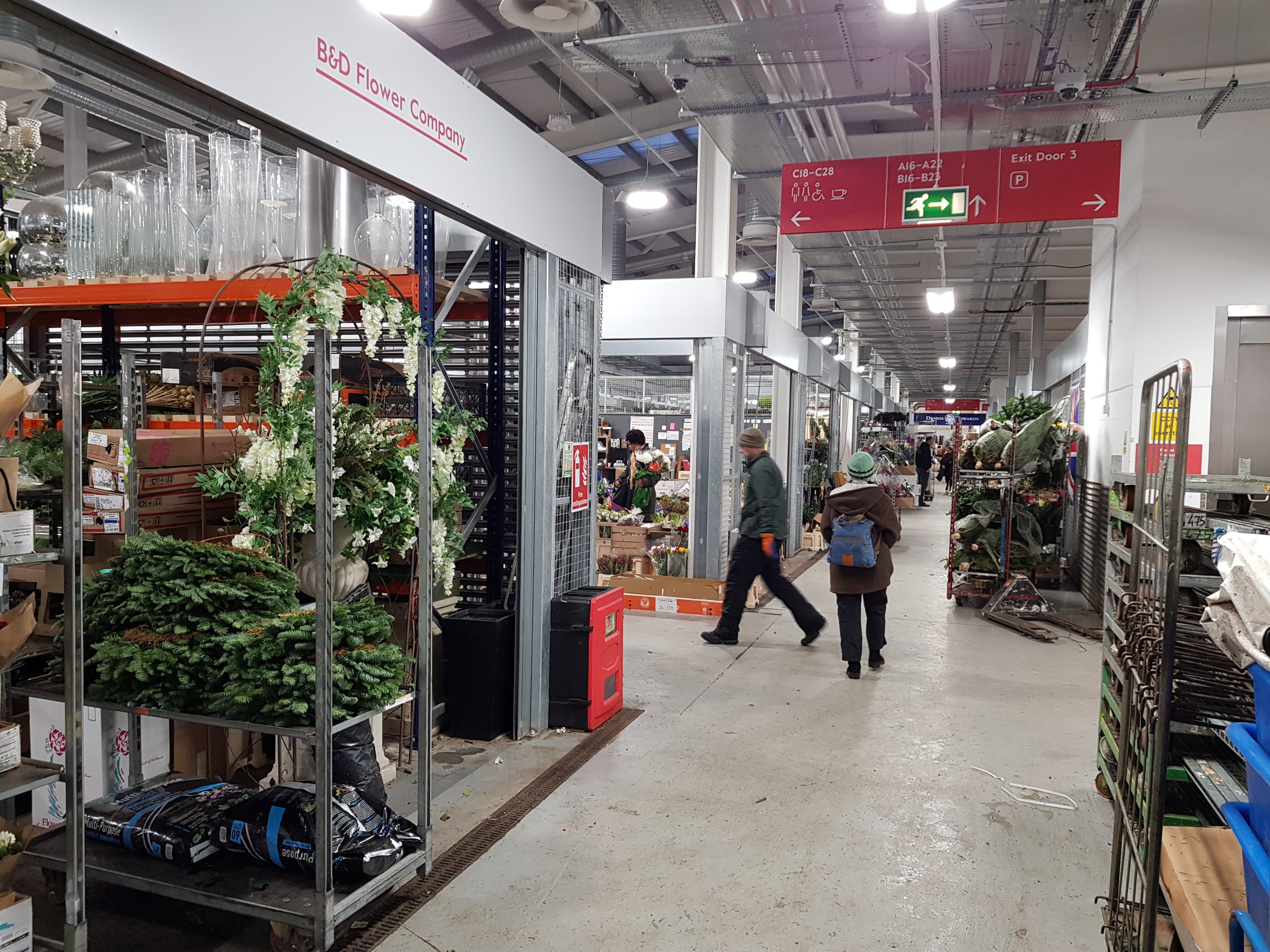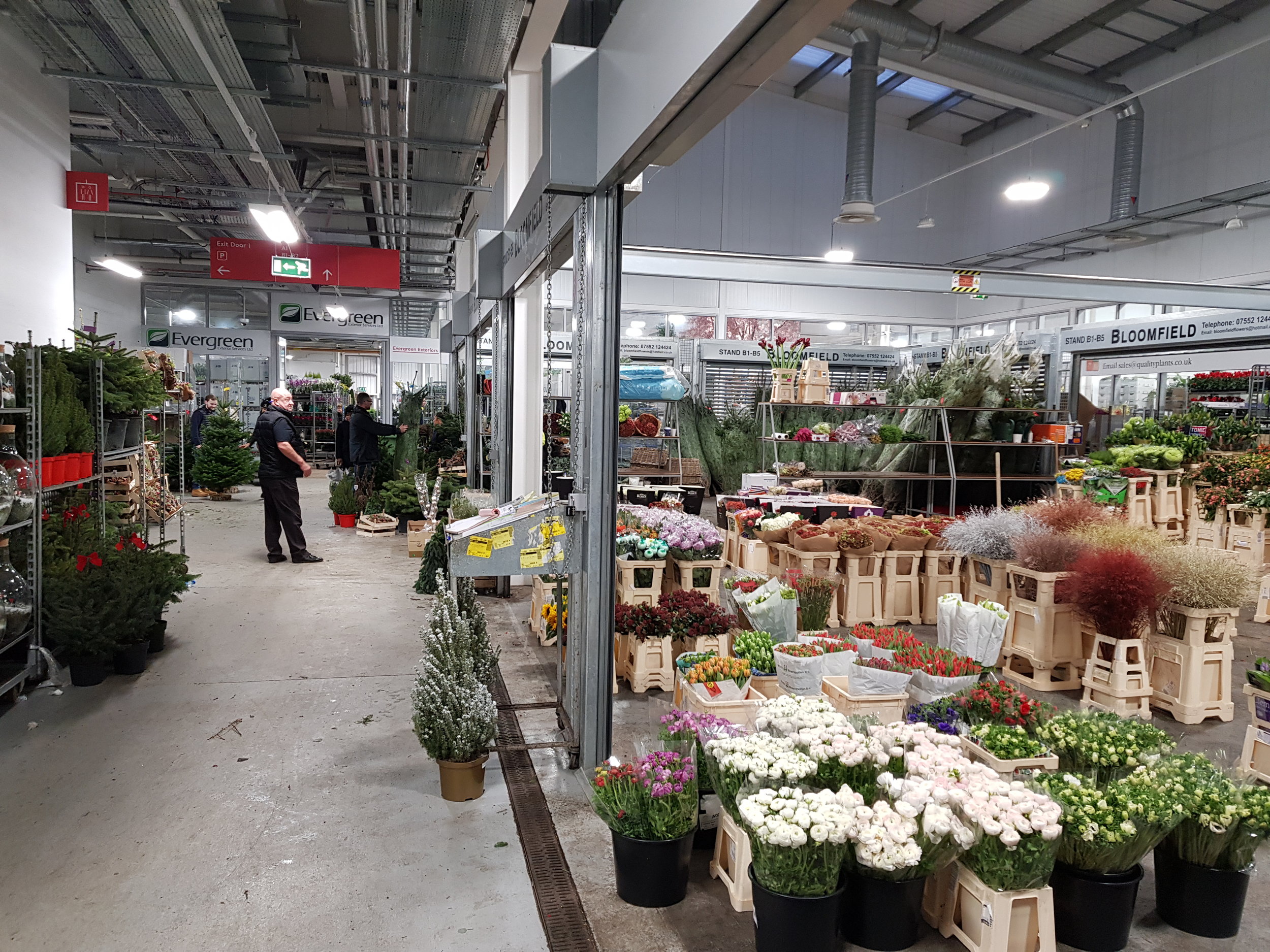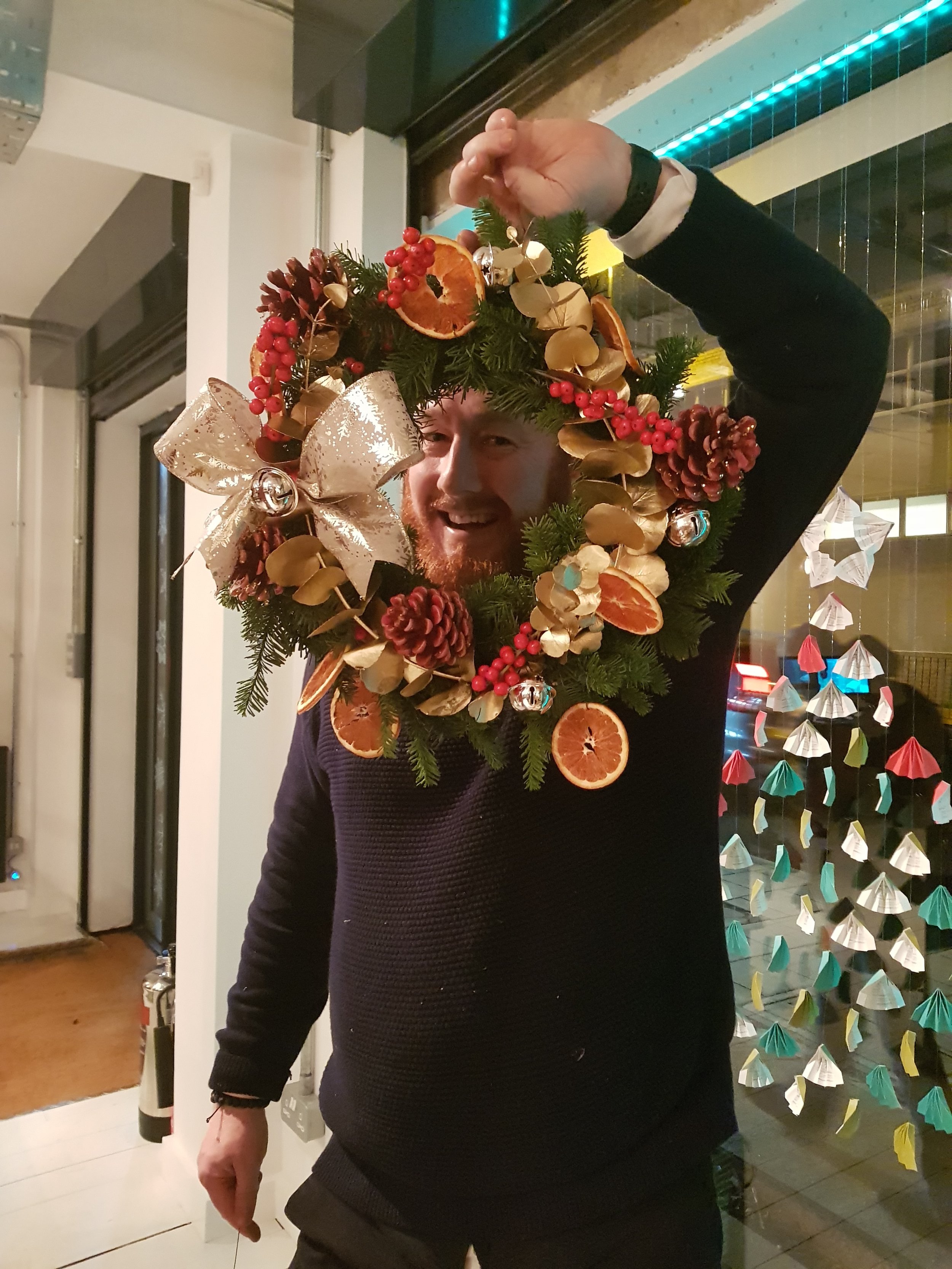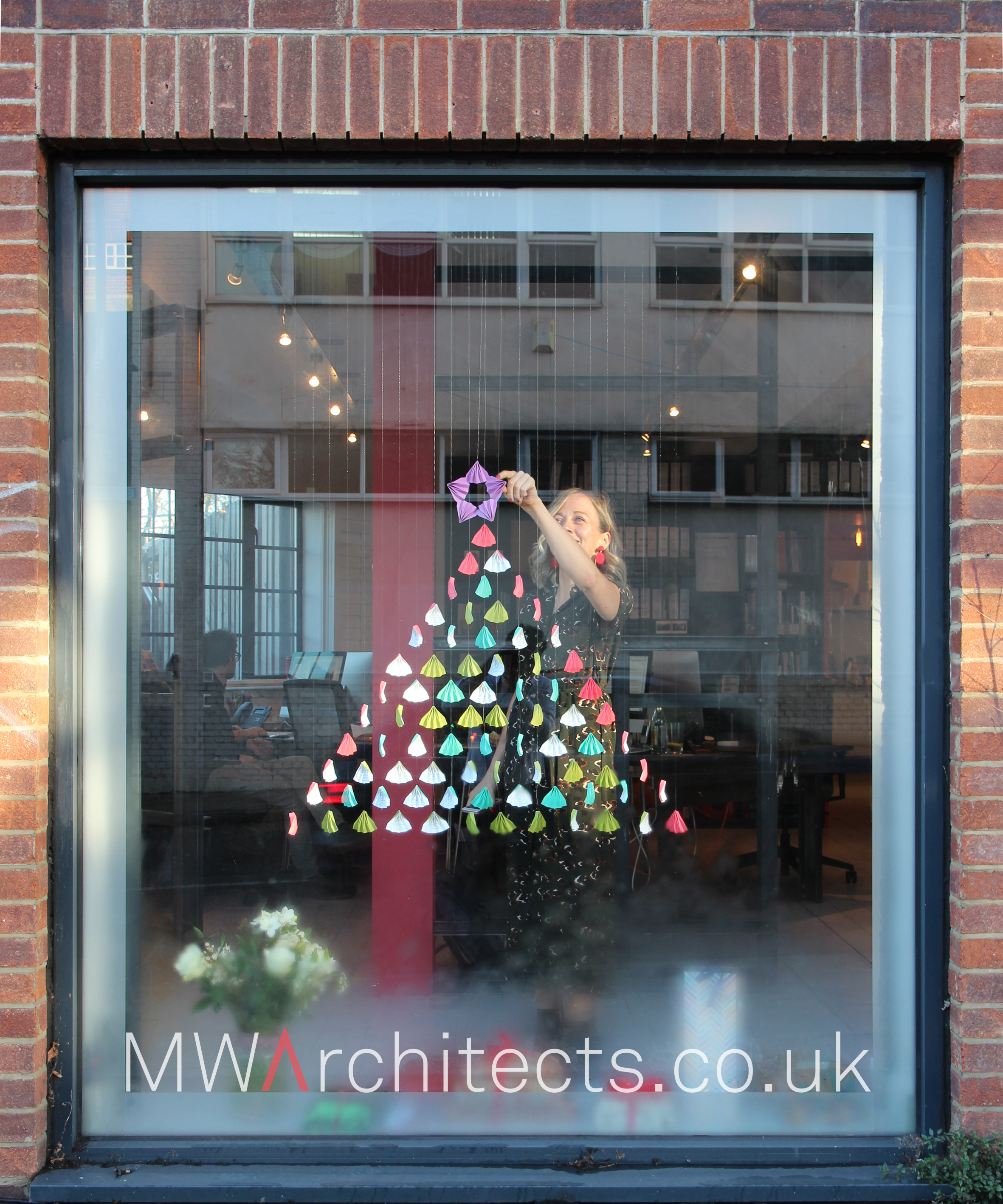Our studios were recently by a very special group of school girls as part of the I CAN BE programme. I CAN BE aims to inform and encourage young women to enter into the world of professions that perhaps they thought were not possible and Clare and Mel recently signed up as volunteers to support the programme.
As a profession, Architecture is largely male dominated with the amount of registered female architects hovering around the 20-25% for many years now. There is a high drop out rate through the eduction years as often universities have higher female intakes than male at the offset but this tends to dwindle off, and significantly reduces at Part III qualification level.
The research that ICANBE have conducted struck a chord with us and so we decided to take part.
There is a substantial body of research that shows that young girls can have formed ideas about what they ‘can’t do’ by the age of 8/9 limiting their uptake of potential possibilities in the future. This can be due to economic, cultural or religious or ethnic reasons amongst many more. The aim of the programme is to inspire girls before they are old enough to have pre-formed judgements of the roles in which they could be employed when they are older.
They have the opportunity to meet nurses, lawyers, mechanics, painters, dancers, engineers and architects to name a few.
In our sessions, we tell them about what we do and they firstly get an opportunity to ask questions. They have been given a short ‘7-year old friendly’ bio on us before they come and so they are normally very prepared to ask the most pressing questions.
Following this introduction we explain a little bit about how we do a lot of residential properties or ‘houses’ and what it means to design someone’s home. We talk them through properties through the ages and the fact they may all live in different types of houses. Finally then have activity time during which they create a drawing of the type of house they hope to be able to design for themselves in the future.
These have been very varied and have included everything from disco balls and slides instead of stairs to rocket landing pads and super futuristic ideas. It is wonderful to see them being so creative and thinking about the things we have to think about when having to present a new idea to a client.
We see around 3 groups a year and hope to continue doing so. More information about the I CAN BE programme can be found at their website here:



















